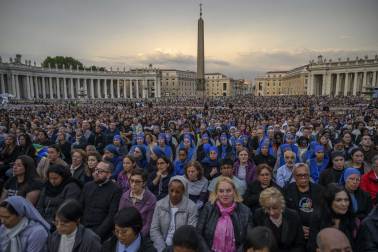Nouakchott in Mauritania is often referred to as the ‘worst capital city in the world’. That may be a little harsh, but it is difficult to recommend it to Spectator readers as a must-visit destination. The heat is savage, the poverty endemic, corruption is off the scale and this west African country is one of the last on Earth where you can still find hereditary slavery. Which is why I’m here. Troubles begin on arrival. A succession of three police officers grill me in the airport. Why have I come to Nouakchott, who am I working for, who am I planning to meet, why, what are their telephone numbers, what am I going to talk to them about, where am I staying? They are flummoxed by the word ‘historian’. It’s best not to say I’ve come to research a final chapter for a history of slavery in the Islamic world. Governments here routinely deny slavery still exists and persecute and imprison those who take a stand against it.
One of those regularly harassed is Biram Dah Abeid, a charismatic anti-slavery campaigner who for several years has been a thorn in the government’s side. ‘I’ve been imprisoned five times,’ he tells me – once for protesting against a court’s decision to drop charges against a man who had raped his 15-year-old slave girl. In an illustration of justice à la Mauritanienne, the pregnant girl was later charged with having sex outside marriage, a crime under the prevailing sharia law.
Habi Rabah is waiting for us in her tiny breeze-block and corrugated metal home on the city’s margins. Here, in a sweltering no man’s land of plastic rubbish and the odd stinking donkey carcass, the drifts of sand are so deep you can’t even get a four-wheel-drive through. Enslaved as a child, Habi was raped and regularly beaten by her master and owner from the age of nine.







Comments
Join the debate for just £1 a month
Be part of the conversation with other Spectator readers by getting your first three months for £3.
UNLOCK ACCESS Just £1 a monthAlready a subscriber? Log in